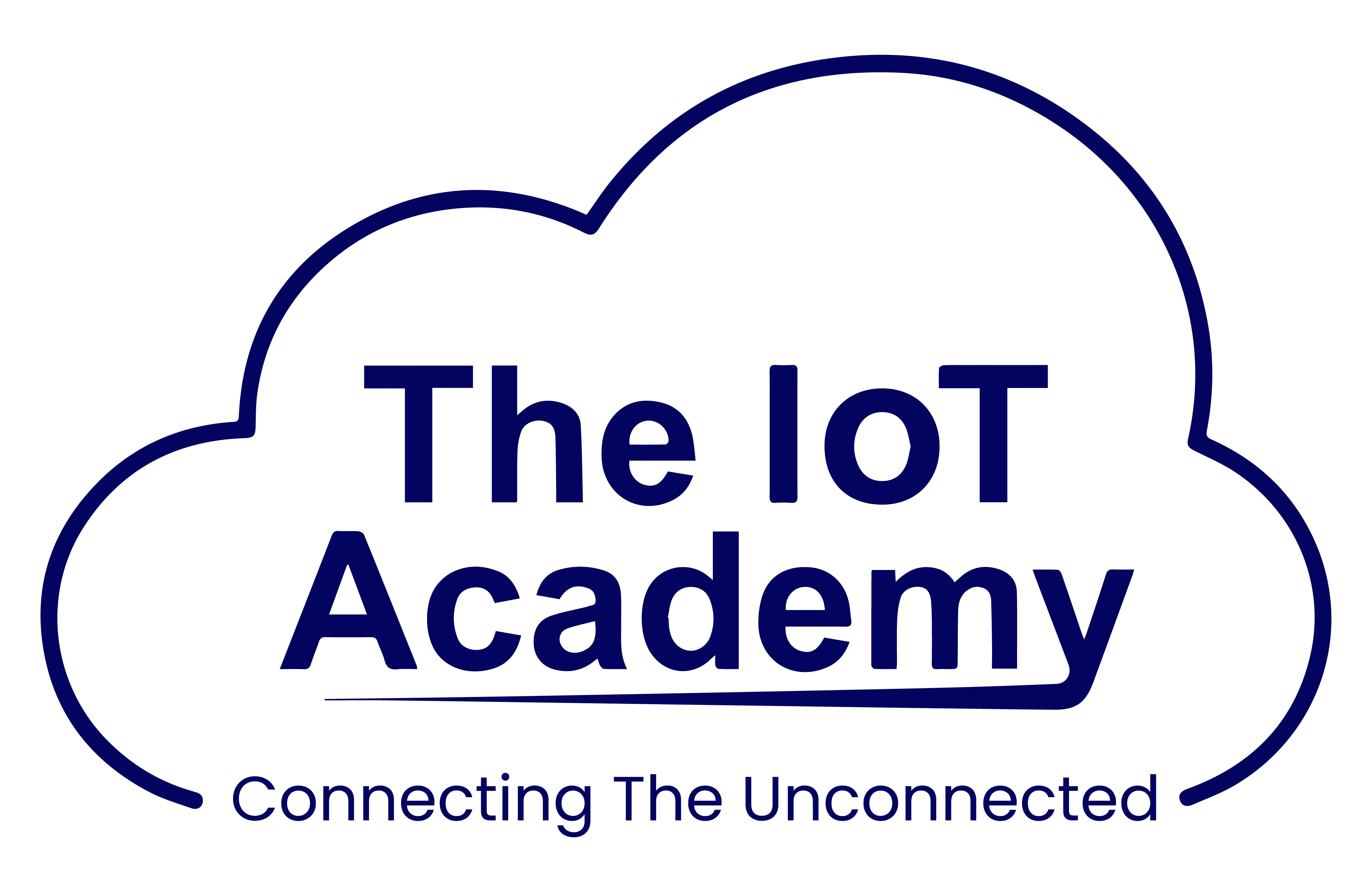

In combination with the JVM (Java Virtual Machine) and the JRE (Java Runtime Environment), the Java Development Kit (JDK) is one of the three primary technology packages used in Java development. The JDK is an essential resource for creating applications. We will learn more details about the JDK in the blog that follows. This post will also discuss the step-by-step process for installing and configuring the JDK.
As discussed in the introduction, it consists of the Java Runtime Environment (JRE) and Java Virtual Machine (JVM). Moreover, it also includes a collection of supporting libraries and software development tools. Contrary to standard Java programs, real-time Java applications need advanced software toolkits and libraries. Therefore, we go for JDK in Java.
Furthermore, JDK uses any of the following Java Platforms by Oracle Corporation:
There must be a suitable development environment before starting to develop Android applications. It also ensures that all Operations or Processes go without an issue. Moreover, developers can easily use the tools necessary to build any Application. One must download and install JDK to produce source files for Android applications written in Java or Kotlin.
You can install JDK in Microsoft Windows, Linux, and macOS.
Windows and macOS have installers available once you download JDK. So, you will get three options when you run a JDK installer. They are Public JRE, Source Code, and Development Tools. One or all of them may be installed. Just choose the default in this situation. The JDK adds on when you choose the Development Tools option. You can also use the Source Code while developing applications by including this option. The public JRE, which may be installed independently of the JDK, allows other software to run Java programs.
The JDK includes a private Java Virtual Machine (JVM) besides a few other tools essential for Java applications.

JDK contains:
The JVM and the necessary class libraries are available in a component of JDK called the Java Runtime Environment (JRE). Java applications cannot be run on end-user machines without the use of developer tools. Users can launch Java apps and have a seamless experience using the JRE.
Java interpreter, a system software, runs the JVM. Its architecture enables it to read source code, translate it instruction by instruction, and run the translated program. At runtime, the JVM uses the interpreter before executing the code on the host computer.
The Java Compiler (javac), is an essential Java dev kit component. It converts Java source code (.java files) into bytecode (.class files). Thus, the resulting bytecode can execute on any platform with a Java Virtual Machine (JVM) installed. It also maintains Java’s “write once, run anywhere” principle.
A Java Archive, or JAR file, contains all of its component pieces, including an executable Java application. Additionally, it also contains a deployable Java applet, a Java library to which any Java Runtime Environment can link. Moreover, it can mix tens of thousands or even hundreds of thousands of different application-related files.
Below are the other popular Components of Java kit:
Java is a platform as well as a programming language. Java is a powerful, object-oriented, high-level, and secure programming language. Platforms are any environment, either in terms of hardware or software, in which a program can execute. Java acts as a platform since it contains an API and a runtime environment (JRE). The Java Development Kit (JDK) is a cross-platform software development environment. It provides a selection of tools and libraries essential to creating Java-based software programs and applets. Moreover, it is a core Java package along with the JRE (Java Runtime Environment) and JVM (Java Virtual Machine).
For Java developers, using JDK has many benefits. It offers a stable environment for developing software. Moreover, you will get high-performance Java application execution with great documentation. Additionally, the JDK’s compatibility with various operating systems ensures that Java programs have the widest possible audience.
In conclusion, the Java Development Kit (JDK) is a powerful toolkit that enables Java programmers. Therefore, they can effectively build reliable, cross-platform applications. The JDK includes all the tools essential for the Java development lifecycle. Furthermore, the Java community continues to enhance JDK by adding new features and improvements. Future developments may include more efficient optimization and increased attention to security.
Ans. JRE is useful for running Java programs, whereas JDK is useful for development.
Ans. No, the JDK is a collection of tools that you can use to create, compile, and execute Java programs. IDE uses the JDK and also provides tools to expedite development tasks.
Ans. The SDK, sometimes known as a devkit, is a group of software development tools for a certain platform. They consist of frameworks, debuggers, and libraries of code like a set of OS-specific functions.
About The Author:
The IoT Academy as a reputed ed-tech training institute is imparting online / Offline training in emerging technologies such as Data Science, Machine Learning, IoT, Deep Learning, and more. We believe in making revolutionary attempt in changing the course of making online education accessible and dynamic.

Digital Marketing Course
₹ 9,999/-Included 18% GST
Buy Course₹ 29,999/-Included 18% GST
Buy Course